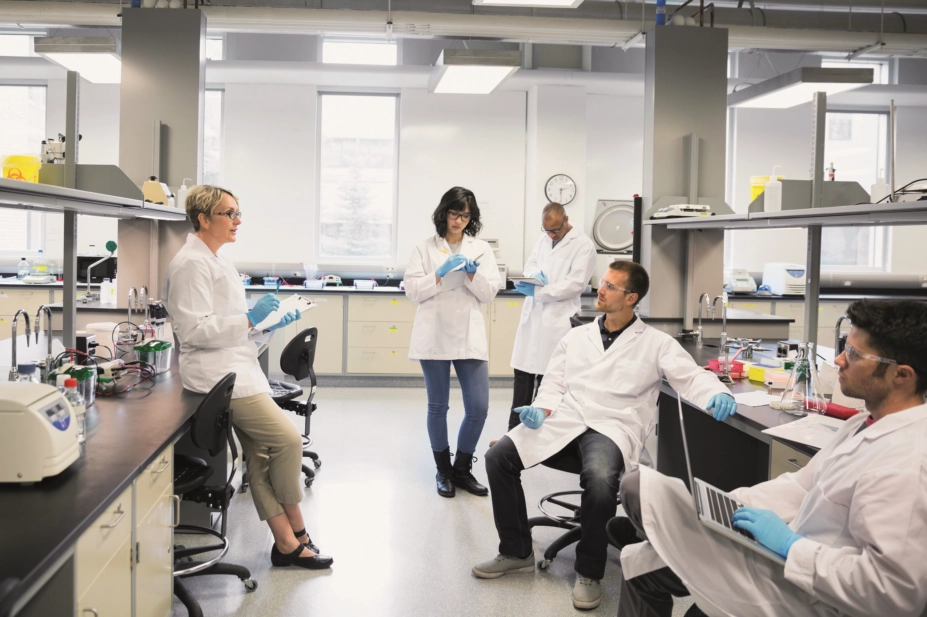
Hero Images Inc. / Alamy Stock Photo
Every day, pharmacists working in academia across basic and applied sciences must balance their love of exploration and discovery with other important roles. These include publishing papers, appearing at conferences, inspiring young people through their teaching, and even external examining.
However, these pharmacists would not have it any other way. The hours might be long but there are opportunities for career advancement, international working and potentially making a real difference to society.
Jayne Lawrence, head of the pharmaceutical biophysics group at King’s College London, says she knew at the age of 16 she wanted to be a researcher in the pharmaceutical industry. She has now built a successful career in academia.
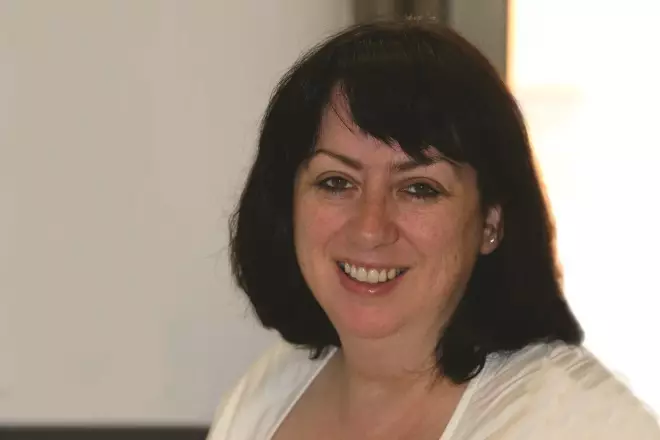
Source: Courtesy of Jayne Lawrence
Jayne Lawrence, head of the pharmaceutical biophysics group at King’s College London and chief scientist at The Royal Pharmaceutical Society, says that “academia benefits from the insights a pharmacist brings around understanding the patient”
At King’s, her research is focused on improving the delivery of low molecular weight drugs and biomolecules such as DNA and siRNA (short interfering RNA).
“Academia benefits from the insights a pharmacist brings around understanding the patient,” says Lawrence. “For example, by helping you think of the patient when you design a medicine.”
She says a pharmacist will consider how patients actually take their drugs, including how many shakes of the bottle they are likely to make when the label says shake well.
“This is important when designing a suspension formulation,” she says. “With an [older] patient who has limited swallowing reflex, or a patient who has had a stroke and cannot swallow, there is a need to develop a suitable liquid formulation. This knowledge is basic for a pharmacist and helps design suitable formulations.”
Lawrence is also on a secondment at the Royal Pharmaceutical Society (RPS) as its chief scientist and comments on pharmaceutical science issues in the media. Her advice to anyone interested in academia is to get a PhD while they are young and undertake at least one postdoctoral position.
Getting into academia
Lawrence completed her BSc in pharmacy at Liverpool Polytechnic and undertook a year’s preregistration training in community and industrial pharmacy. She began her academic career as a lecturer in pharmacy at Chelsea College London University, which later merged with King’s.
“I got the lectureship on the usual competitive basis after interview as a second-year PhD student. I had been encouraged to apply by one of my supervisors at the time and decided that I had nothing to lose by applying,” she says.
“I was working at Chelsea as a full-time lecturer while finishing off my experiments and writing up my PhD which I completed in three years. I intended to work in industry when I completed my PhD but realised I was an academic at heart.”
Meanwhile, Simon MacKay, professor of medicinal chemistry at the Strathclyde Institute of Pharmacy and Biomedical Sciences, has more than 25 years’ experience in the field of medicinal chemistry having graduated from the University of Bath and the University of Manchester.
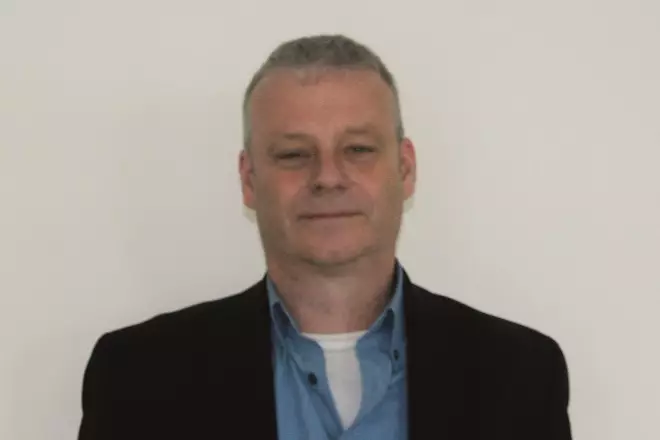
Source: Courtesy of Simon MacKay
Simon MacKay is professor of medicinal chemistry at the Strathclyde Institute of Pharmacy and Biomedical Sciences and his research interest lies in cancer drug discovery
His particular area of research interest is in cancer drug discovery. He is the principle investigator for a £3m Cancer Research UK-funded programme to identify small molecule inhibitors for the treatment of prostate cancer. He has attracted more than £4.8m of external funding on drug discovery projects in the past few years.
“My career path has been pretty standard for an academic pharmacist,” he says. “Although today it is not as easy to qualify in this discipline because it is much harder to get practical chemistry skills. There is less lab work around making molecules to get a PhD. It means many undergraduates are going down the pharmaceuticals formulations route.”
Like Lawrence, while completing his PhD at UCL, MacKay initially intended to work in the pharmaceutical industry. “What converted me to academia was the teaching element of my PhD and being able to work as an independent researcher where I could choose my points of interest,” he says.
Finding funding
Lawrence admits it can be a challenge to find funding. “Experience has taught me to be creative when pitching,” she says. “This includes choosing to work with people who have a good reputation, complement your skills and have the same goals.”
David Thurston, professor of drug discovery in the Institute of Pharmaceutical Science and the Department of Pharmacy at King’s College London, focuses on the discovery of sequence-selective DNA-interactive agents as anticancer drugs and as chemical biology tools for the inhibition of transcription factors. He has also been involved in the discovery of novel antibiotics and protein-protein interaction inhibitors, the development of novel bioanalytical methodologies and the study of personalised medicine.
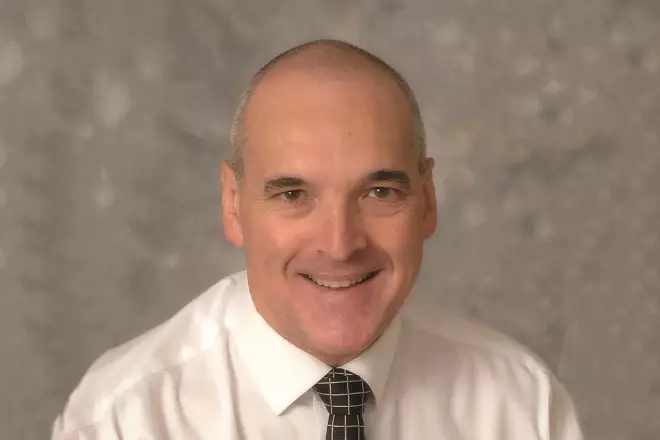
Source: Courtesy of David Thurston
David Thurston, professor of drug discovery in the Institute of Pharmaceutical Science and the Department of Pharmacy at King’s College London, highlights the importance of selecting a research area you are passionate about
He has received funding from research councils and cancer charities and says that increasingly a university’s management will expect young lecturers to obtain funding and build up their research team.
“You can get promoted by demonstrating an ability to do this,” says Thurston. “You must be persistent to get the money you need, so choose an area you are passionate about. I’ve always loved medicinal chemistry.”
Gaining promotion
The career path for a non-practising pharmacist within universities tends to be to enter as a lecturer and move up to senior lecturer, reader and professor. Establishing an international reputation for research and taking on external roles will help a pharmacist gain promotion in academia.
For example, Lawrence sits on a number of national committees including the Academy of Pharmaceutical Sciences as vice chair, the UK and Ireland Controlled Release Society as treasurer and on the Institute of Physics and Royal Society of Chemistry’s Joint Neutron Group.
Additional positions
Kevin Shakesheff, professor of advanced drug delivery and tissue engineering at the University of Nottingham, says pharmacists must embrace diversity to progress. This could include working abroad, publishing regularly or setting up spin-off companies related to their work. Winning awards can also set pharmacists apart from the crowd.
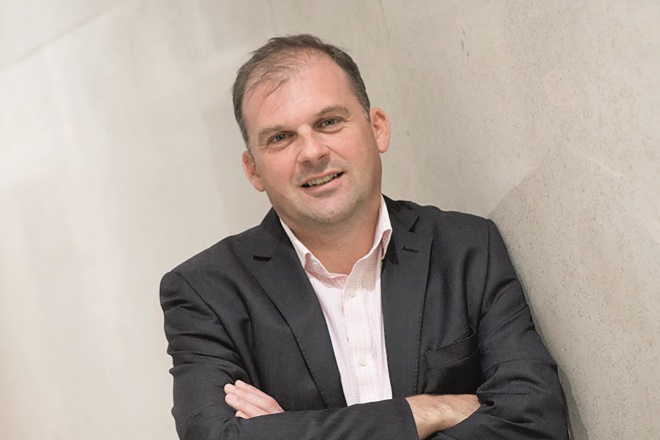
Source: Courtesy of Kevin Shakesheff
Kevin Shakesheff, professor of advanced drug delivery and tissue engineering at the University of Nottingham, says pharmacists must embrace diversity to progress
Shakesheff took a NATO postdoctoral fellowship at the Massachusetts Institute of Technology and has co-authored a number of publications. Among his list of honours is a pharmaceutical sciences research achievement award.
He also launched the spin-off companies Critical Pharmaceuticals and RegenTec. He believes that being able to launch related businesses helps to bridge the commercial gap when undertaking research which might take a decade to complete.
“In academia the commercial side gives you relevance and research keeps you at the cutting edge. On top of that I love teaching students who are interested to learn,” he says.
Like Shakesheff, Thurston has formed and sold biotech companies. He co-founded the oncology biotech company Spirogen in 2000 acting as its chief strategy officer until 2011. He has also written text books, including Chemistry and pharmacology of anticancer drugs, published by CRC Press.
Both Shakesheff and Thurston also work as external examiners. Thurston is an external examiner for the cancer pharmacology MSc course at Bradford University.
“You can volunteer to be an external examiner which is a good thing to do because it allows you to see best practice in action,” he says. “You can incorporate this into your own teaching and work with other institutions to improve the curriculum.”
Challenges
Academia is not an easy option for pharmacists — Shakesheff says 80% of a job in academia is around failure. “You might fail to get a grant or things will go wrong with your research, but the successes are fantastic and stay with you for your entire career,” he says.
He explains that the workload in academia can be heavy so pharmacists must enjoy all parts of the job and have good time management skills.
Succeeding in academia
Duncan Craig, director of the UCL school of pharmacy, still practises as a pharmacist and cites the amount of work in academia as both a blessing and a curse.

Source: Courtesy of Duncan Craig
Duncan Craig, director of the UCL school of pharmacy, still practises as a pharmacist and cites the amount of work in academia as both a blessing and a curse
“Your workload is largely self-determined,” he says. “You decide how large your research group is and how you balance teaching and research activities. To succeed you need to be creative, self-disciplined and organised.”
MacKay adds that patience and tenacity are vital personality traits to succeed in academia because you must often wait years to see the impact of your research.
Like other professors, MacKay’s role is broad. He is an active member of the Royal Society of Chemistry and the RPS, for instance. He says pharmacists must also be able to collaborate with national and international teams because it is hard to succeed in academic research on your own.
International collaboration
As pharmacists become more senior within academia they will often receive invitations to join interesting networks, attend international conferences and even be asked to give evidence to government committees, says Christine Bond, chair of the Pharmaceutical Science Expert Advisory Panel and professor of primary care (pharmacy) at the University of Aberdeen.
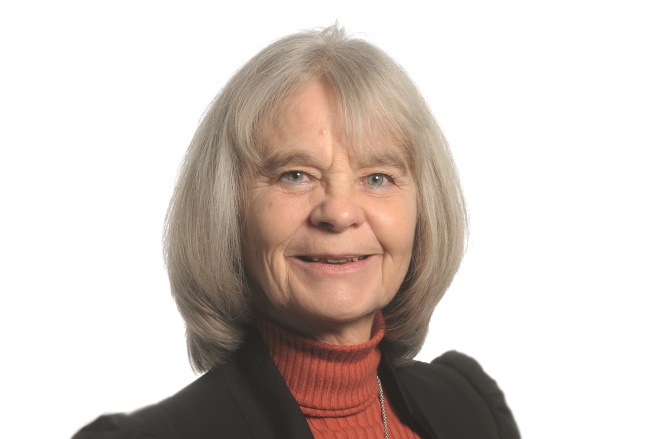
Source: Courtesy of Christine Bond
Christine Bond, Chair of the Pharmaceutical Science Expert Advisory Panel and professor of primary care (pharmacy) at the University of Aberdeen, says that there are clear expectations about what you should deliver in teaching, research and outside your institution but there are opportunities to mix with people who can make a difference
Being able to collaborate internationally has also served Craig well over the years — he has co-operated with academic and industrial teams in Brazil, Italy and Saudi Arabia among others.
Teaching
He adds that teaching has changed enormously over the years and he is excited by new methods around blended learning and the use of technology. He welcomes the streaming of lectures, for example, and the virtual learning environments that help students improve their patient interaction skills.
Bond explains: “Universities are like businesses these days and there are clear expectations about what you should deliver in your teaching, research and outside of the institution where you get to mix with people who can make a difference,” she says.
Bond remains ambitious, although reluctantly she teaches less than she used to and misses the interaction with the students. She adds: “It is inspirational to see young people interested in your profession.”
Reading this article counts towards your CPD
You can use the following forms to record your learning and action points from this article from Pharmaceutical Journal Publications.
Your CPD module results are stored against your account here at The Pharmaceutical Journal. You must be registered and logged into the site to do this. To review your module results, go to the ‘My Account’ tab and then ‘My CPD’.
Any training, learning or development activities that you undertake for CPD can also be recorded as evidence as part of your RPS Faculty practice-based portfolio when preparing for Faculty membership. To start your RPS Faculty journey today, access the portfolio and tools at www.rpharms.com/Faculty
If your learning was planned in advance, please click:
If your learning was spontaneous, please click:


